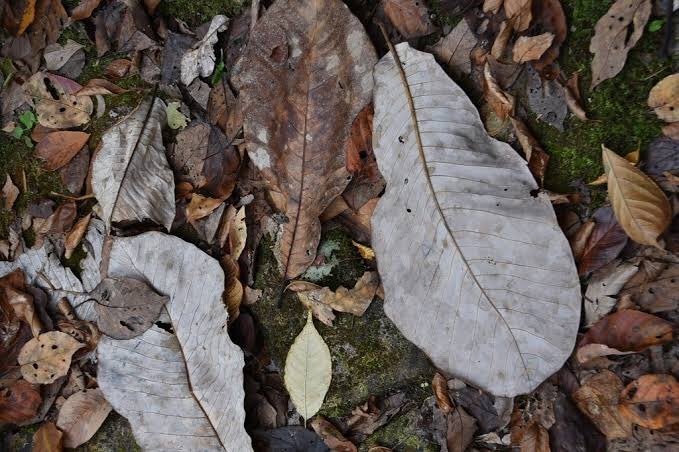You really don't have to be a big city to have a good tram service in fact the smaller the city the easier & cheaper it is to run one. Maybe the smallest regular tramway in Europe serves Gmundnen, Austria, pop. 13,204. Built in 1894, also the steepest regular tram: 9.6% gradient. 




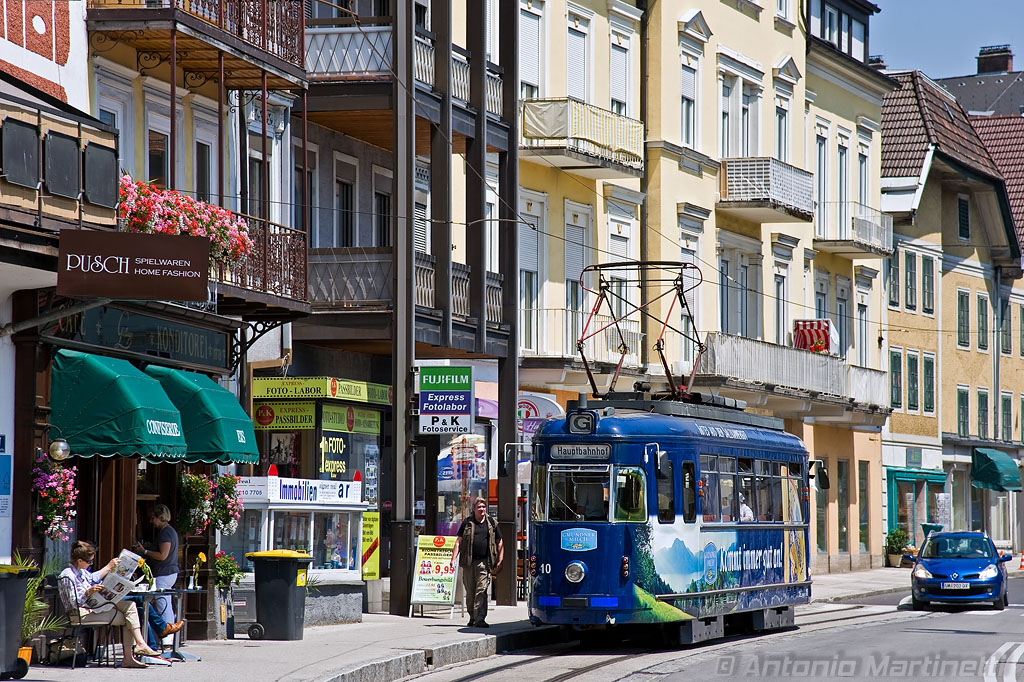
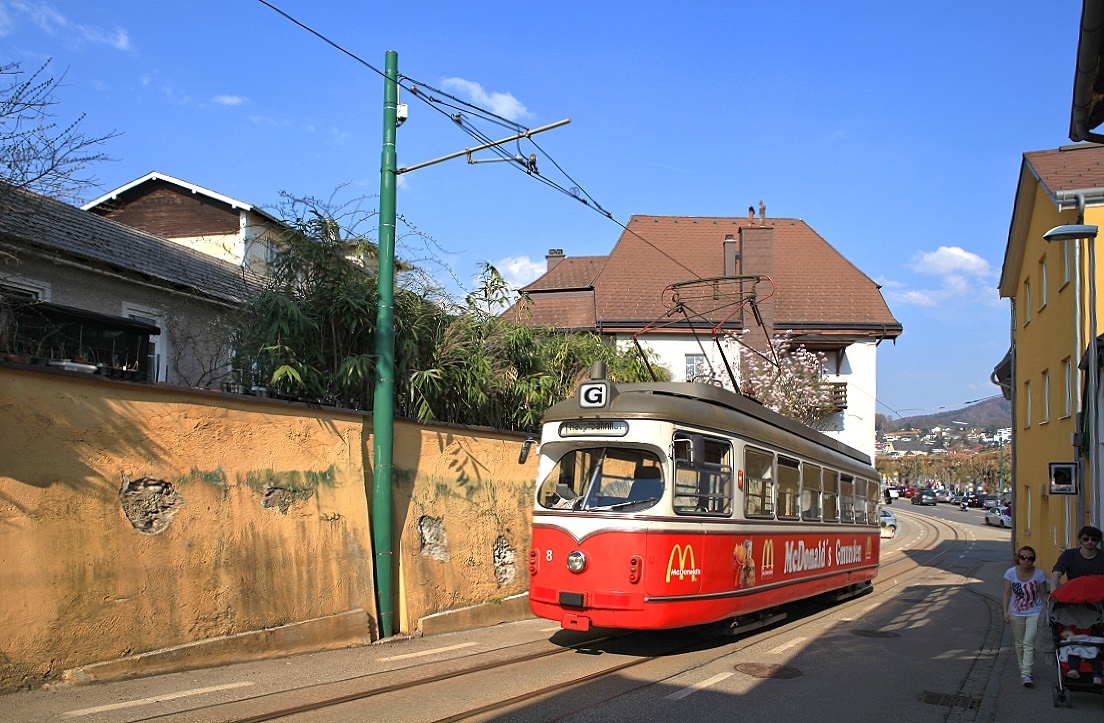
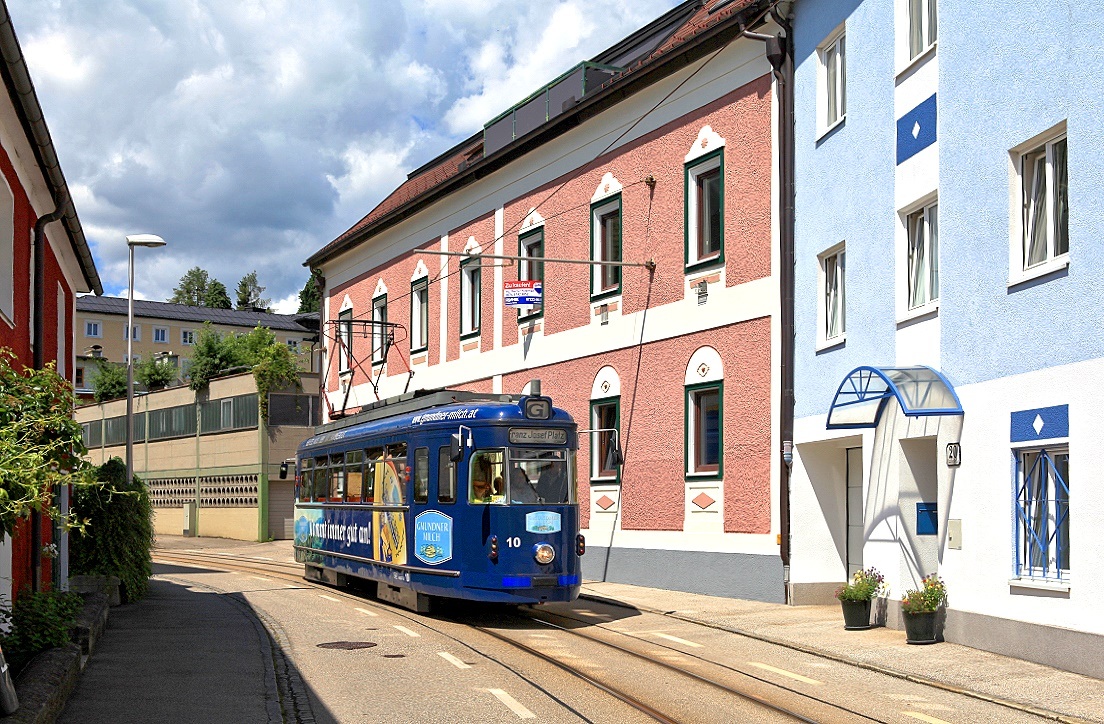
Of course not only are tramways far more energy efficient than cars or buses, but they can be powered by small local hydroelectric plants using nothing but 19th c. lowtech if necessary. If you must build so large that people can't get around on foot, locally powered rail it is! 
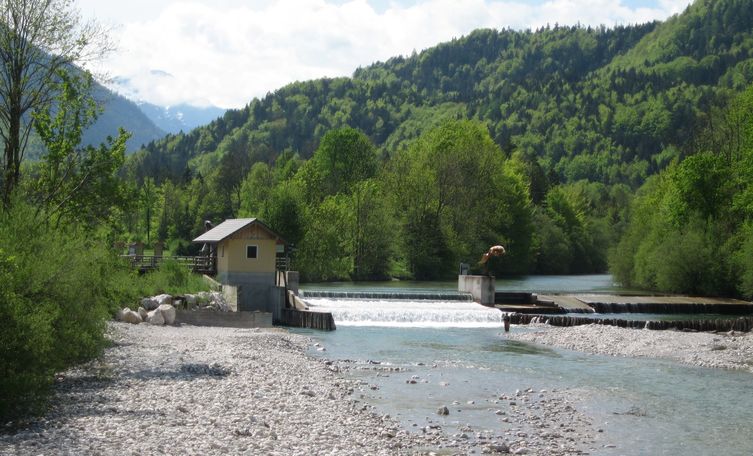
The smallest town in Europe to have a tramway of its own might be Bad Schandau in Saxony, Germany, with its gorgeous 1898 Kirnitzschtal tramway. As the name suggest it is mainly a tourist service though. Pop. 3,622. 7,900m railway built in only 4 months. Also locally powered. 



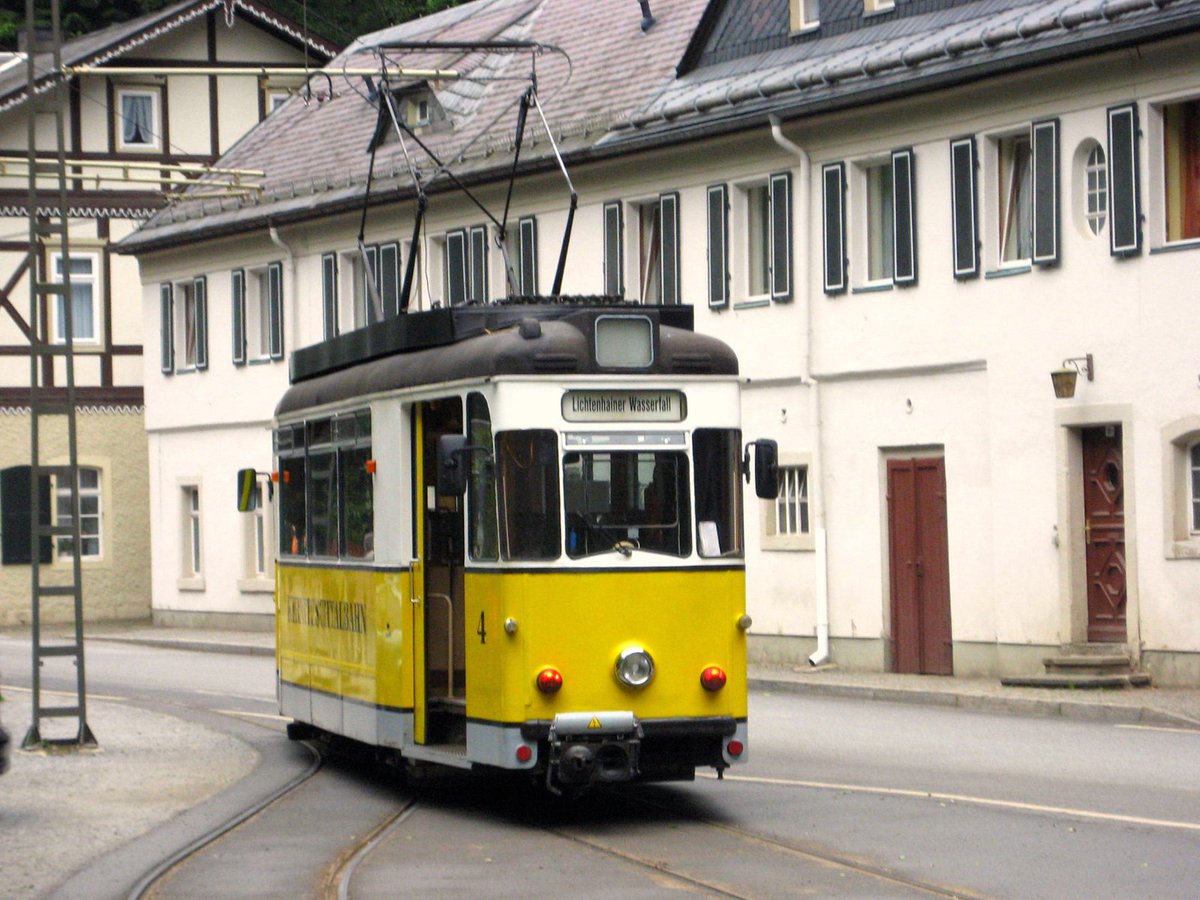
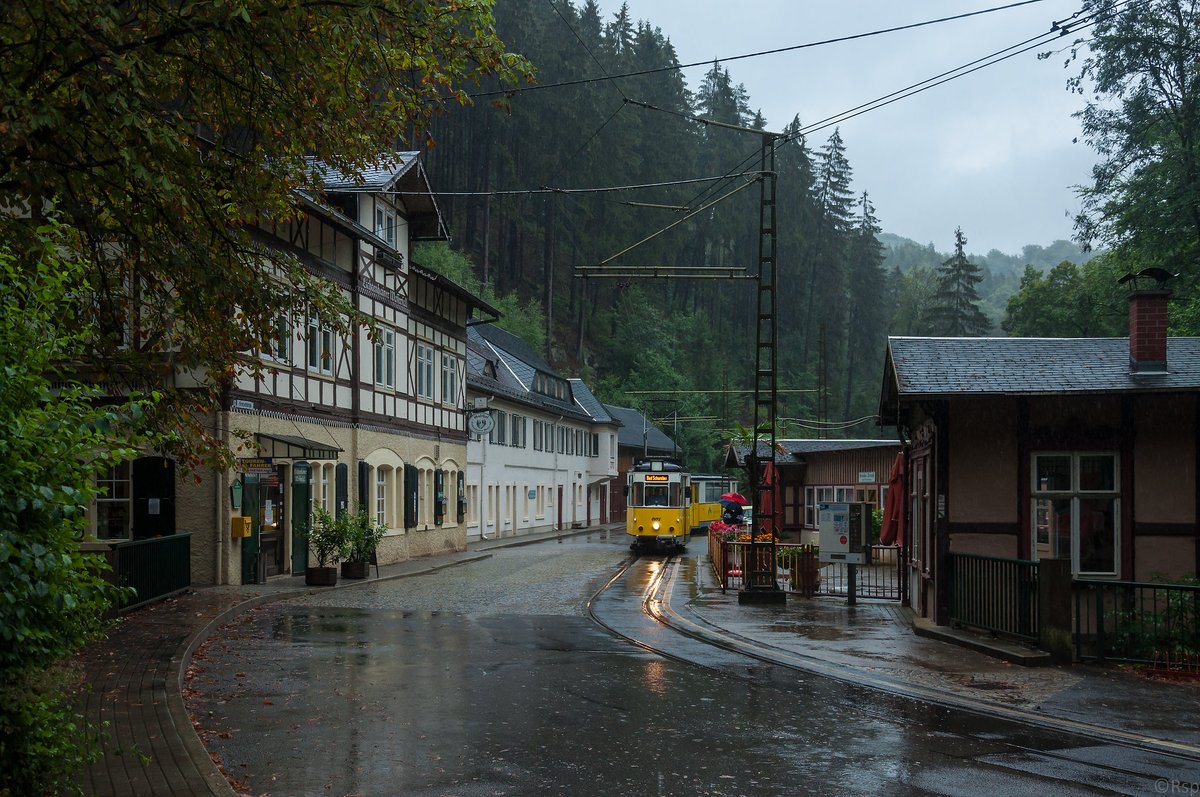


Another tiny European town with a good tramway is Trenčianske Teplice, Slovakia. Pop. 4,166. Powered by a local hydro plant, it runs 5900m and connects the town with the regional/national/international rail network. Built in 1909 when the town was part of the Empire. 





Moving to a slightly bigger town, Sóller, Mallorca, Spain, has a gorgeous tramway.
https://twitter.com/wrathofgnon/status/1139438806870851584?s=20
A small town with a tramway in the new world: Oranjestad, Aruba, pop. 34,980. Built to revitalize downtown, the track is a mere 1900m but fits right in with the rest of the city: colorful, charming. Built in December 2012. 

Inner city trams are nice, but the real bang for your regional buck is when you build walkable towns connected with light rail/tramways. The Coast Tram in Belgium is a perfect example: 67km connecting five villages, towns, cities with populations of between 5,000 and 71,000. 

Right now the Coast Tram in Belgium is the longest light rail in the world, with 15 million passengers per year, but it will soon be overpassed by the 1990 A-Line in Los Angeles, scheduled to reach 79.7km by 2022. It will connect the metro area with the ocean and beaches. 

Back to small towns with big rail! The Strausberger Eisenbahn in Brandenburg, Germany, is a good example of #GoodUrbanism, it serves the town itself, but connects to the larger European rail network at its terminal. Opened in 1893, it is 6.2km serving 26,587 people. 

Although the Strausberger Eisenbahn has stopped this service, it used to also offer goods and cargo freight services for industry and manufacturing. With rail anything is possible: the perceived convenience of trucks is just not worth it. 







During 1965-2017 the Ukrainian industrial city of Avdiivka (pop. 10k-30k) in Donetsk used to have an unusual tram system: built only to connect worker housing with the major employer in town, a coke plant. Two routes totaling 24km. Closed down due to the war, replaced with buses. 







• • •
Missing some Tweet in this thread? You can try to
force a refresh





























